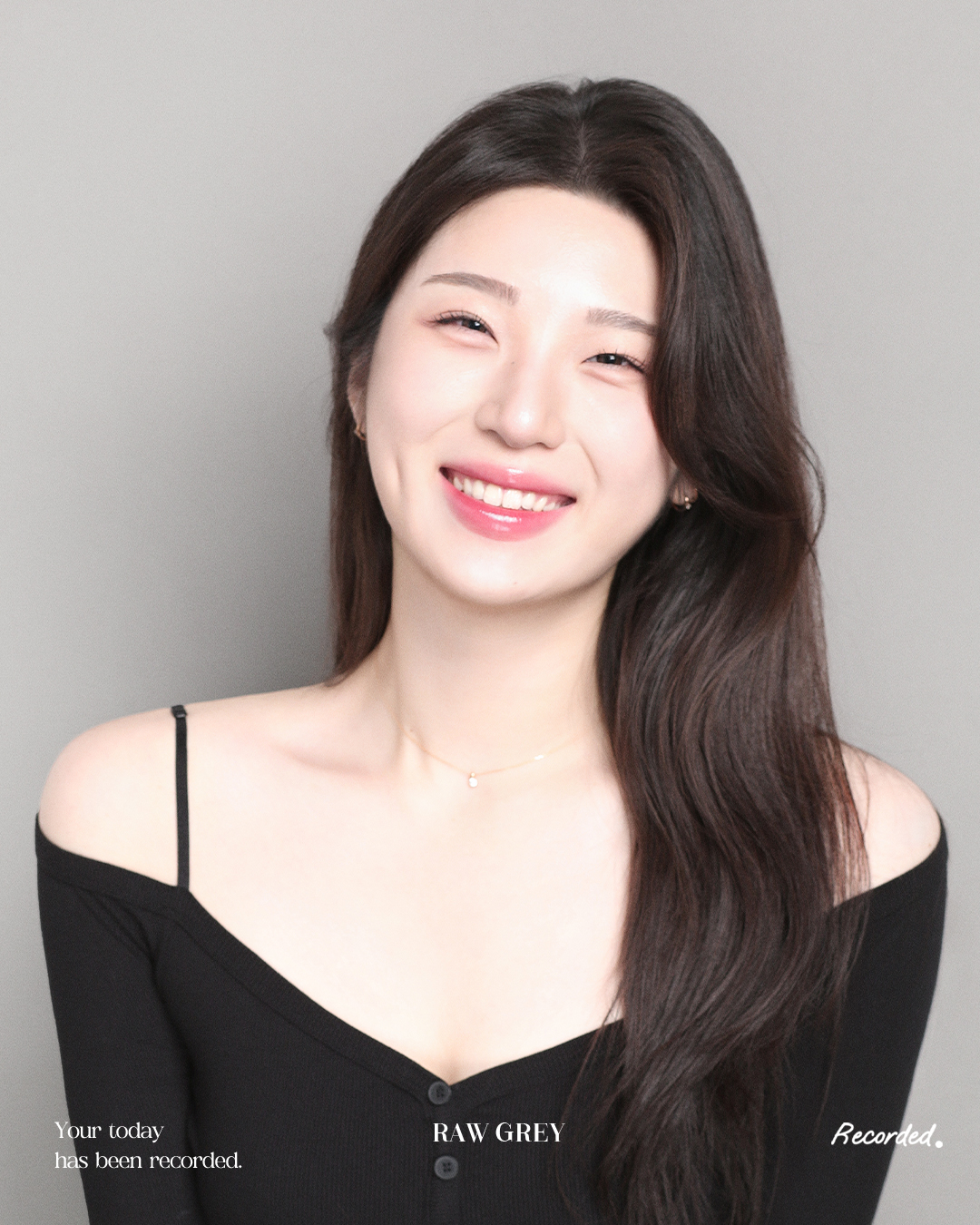
 ▲ Yeonjin Yu, Environmental Engineering
▲ Yeonjin Yu, Environmental Engineering
"Take it all with open arms. Let luck flow into your life. And don't forget to show appreciation for d1e luck you have."
- The Truth About Luck: Does It Really Exist
Student of the Month is a regular column that introduces students from each of SeoulTech's colleges. For this issue, The SeoulTech interviewed Yeonjin Yu, a College of Energy and Biotechnology student who won the top prize in the English Essay of the Eoui Culture and Arts Awards Contest for two years running.
Q. First of all, congratulations on winning the award for the second year in a row! Could you introduce yourself and tell us how you feel about the award?
A. Hello, I'm Yeonjin Yu, a senior majoring in Environmental Engineering, and I'm preparing to graduate soon. I've always enjoyed writing, but when I initially decided to express my opinions through writing in English, I never expected to enter the contests. Given that, I was very pleased to win.
Q. It must not be easy in English for those who speak English as a second language. Could you tell us why you chose the English essay?
A. I have always been interested in English, so I took various English tests such as TOEIC, TOEIC Speaking, and OPIc. I even went on an exchange program, which made me realize how valuable English is in breaking down communication barriers. It made me realize the importance of English, so I participated to improve my English writing.
Q. Could you share how you approach writing? What kind of process do you usually follow?
A. For the Eoui Culture and Arts Awards Contest, essay topics were given. Last year, it was "Youth"; this year, it was "Luck." I had plenty of time to think about the topic and kept it in mind as I went about my daily life. I organized the thoughts and events that came to me, one after another, and then I incorporated my own experiences while writing.
Q. Your essay explores the question of whether luck truly exists in our lives. While most people see luck as just something positive, Why did you start from the caption about its existence?
A. I thought that it was common in Korea to believe in luck, as seen in the popularity of tarot card readings and horoscopes. However, I have always had doubts about the existence of luck. I've also questioned why people become so happy or sad depending on their perceived luck. This contest gave me the perfect opportunity to organize and express my thoughts about luck.
As I wrote about luck, I started to think about different aspects of it: whether life is more about hard work than luck, and whether the things we take for granted, such as having a good family and close friends, are examples of luck. As I went deeper into the topic, the focus moved from the existence of luck to being grateful for the luck that is around us.
Q. In your essay, regarding love, you wrote "Some might call a failed relationship bad luck, but I think it's less about luck than we imagine." But most people think that love is uncontrollable and thus the domain of luck. Could you explain more about it?
A. One might think of love as something uncontrollable and is closely related to luck as we cannot choose not to fall for someone. But maintaining and succeeding in love inevitably needs a lot of effort. I see a relationship falling apart because they take what they have for granted and stop trying their best. If one person is struggling, the other has to care more about them, doing small things that build up to keep the love maintained. But if they don't try their best in love, the love will slowly end. So I think love is controlled by effort.
Q. Was there anything you wanted to say about luck in your essay but couldn't?
A. I wanted to include more of my experiences, but I was disappointed that I couldn't because of the word limit. I couldn't include my experiences with environmental engineering, my life sports instructor, contests, and clubs. I would have liked to write more on those if I had the chance.
Q. In the previous year, your essay was on the topic of "Youth." Was there anything you wish you could have included in that one?
A. I think I did the best I could at the time and I probably covered everything I wanted to. I don't have any regrets because I always put my best into my writing, and I guess that's what led me to the message in this year's essay: "Do your best instead of hoping for luck."
Q. As a winner of two consecutive contests, do you have any advice for those who want to enter?
A. First of all, when I was preparing the essay, I think I wrote for more than a week just to consider the given topic.
Ultimately, the most important thing when I was writing was to make sure that all sentences flowed well, that each paragraph had a focus, and that the first sentence of each paragraph made sense in the context of the focus. I think the key thing is to ensure that it flows organically.
Q. Do you have any final words?
A. I didn't expect to win the award twice, but it was nice to get a good result, especially at the end of my academic career. I hope that future entrants will be able to incorporate their experiences and achieve success in the contest.
Reporter,
Myungjae Lee swk08085@seoultech.ac.kr


 Comment 0
Comment 0 Posts containing profanity or personal attacks will be deleted
Posts containing profanity or personal attacks will be deleted